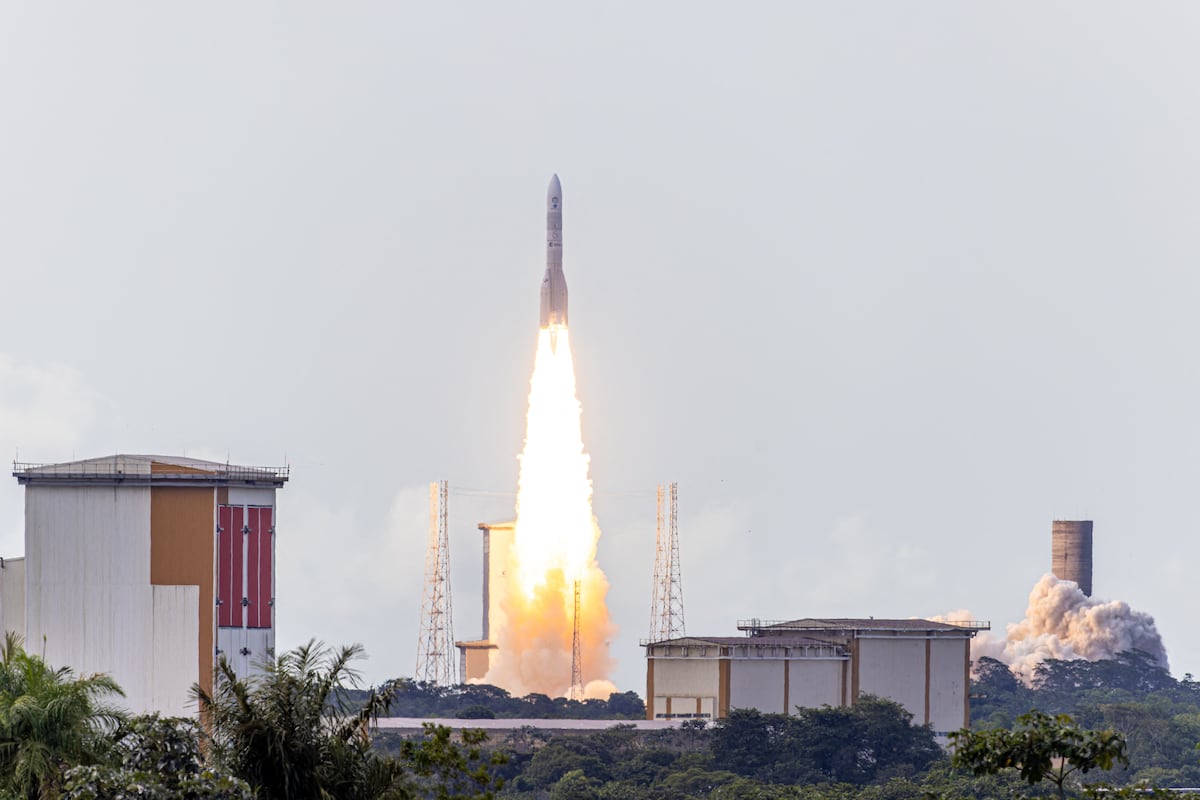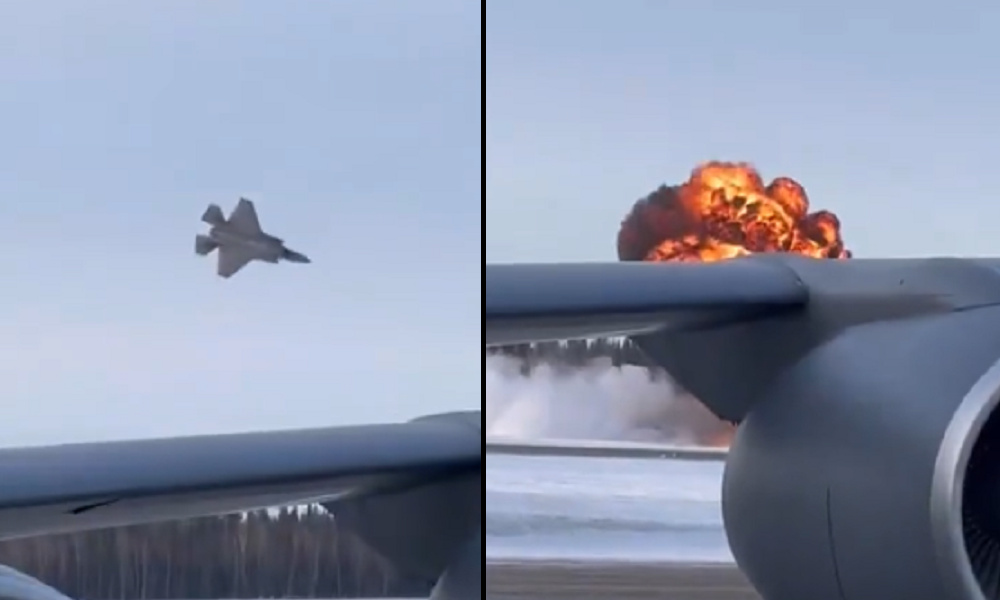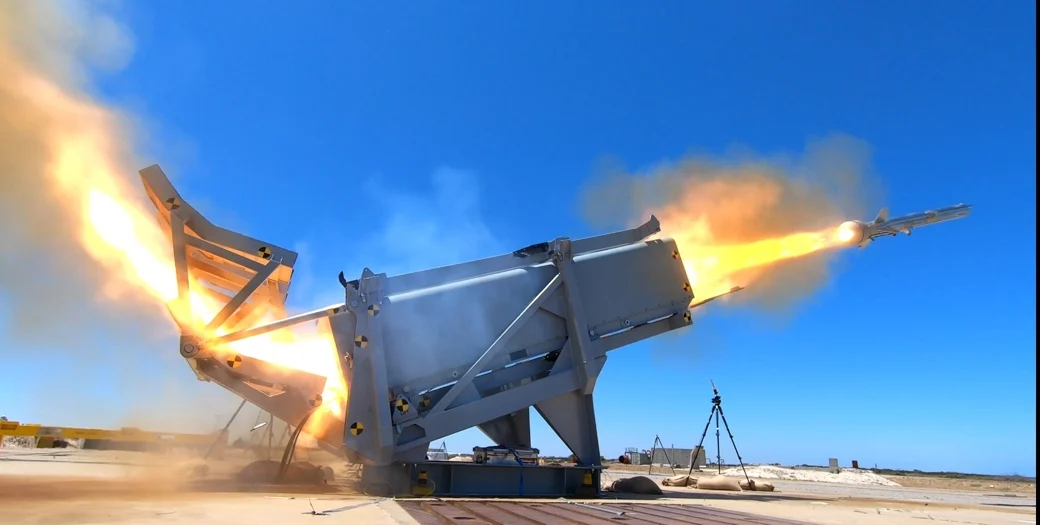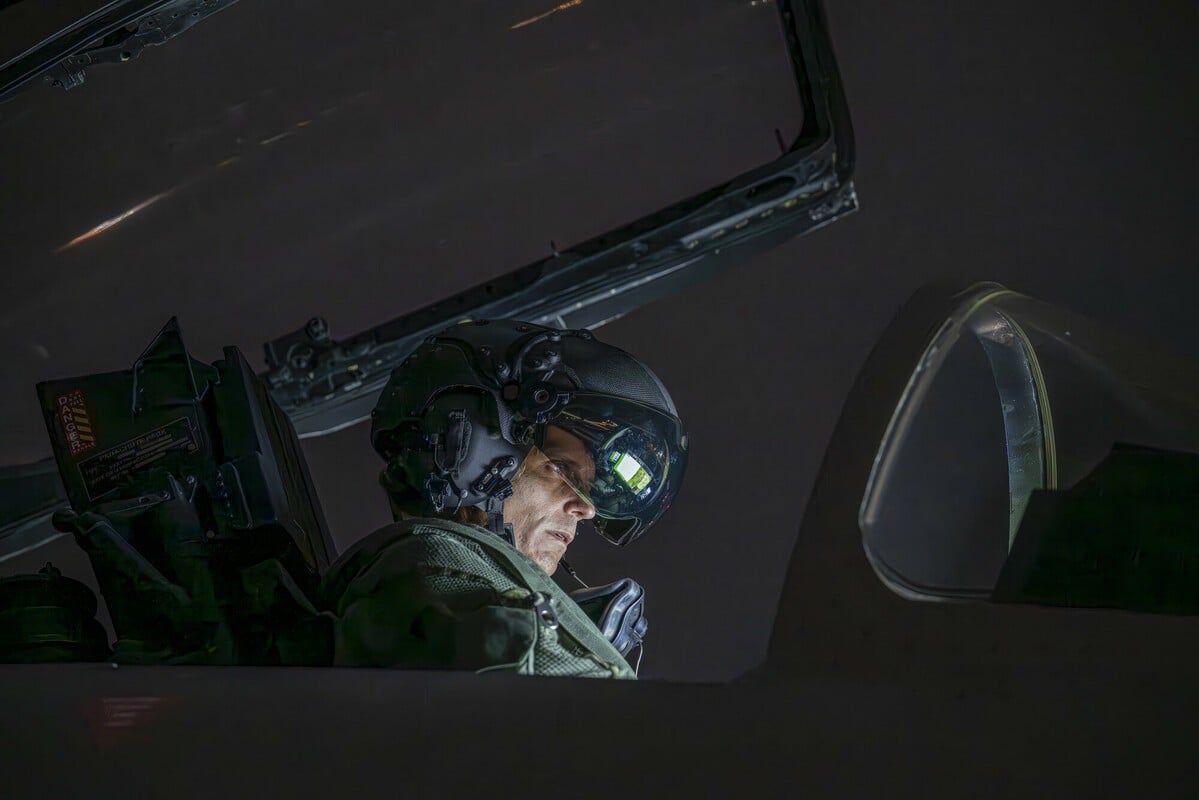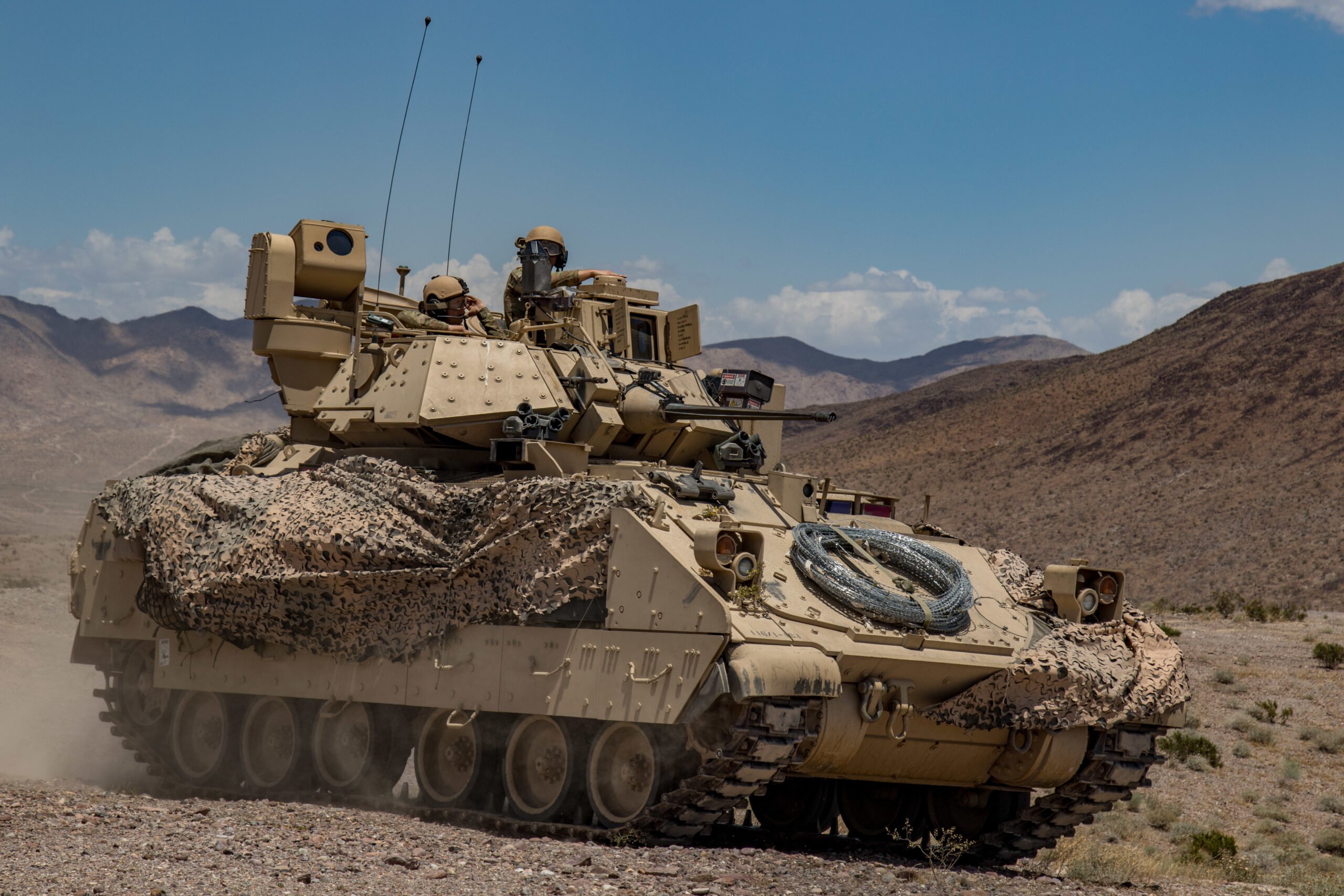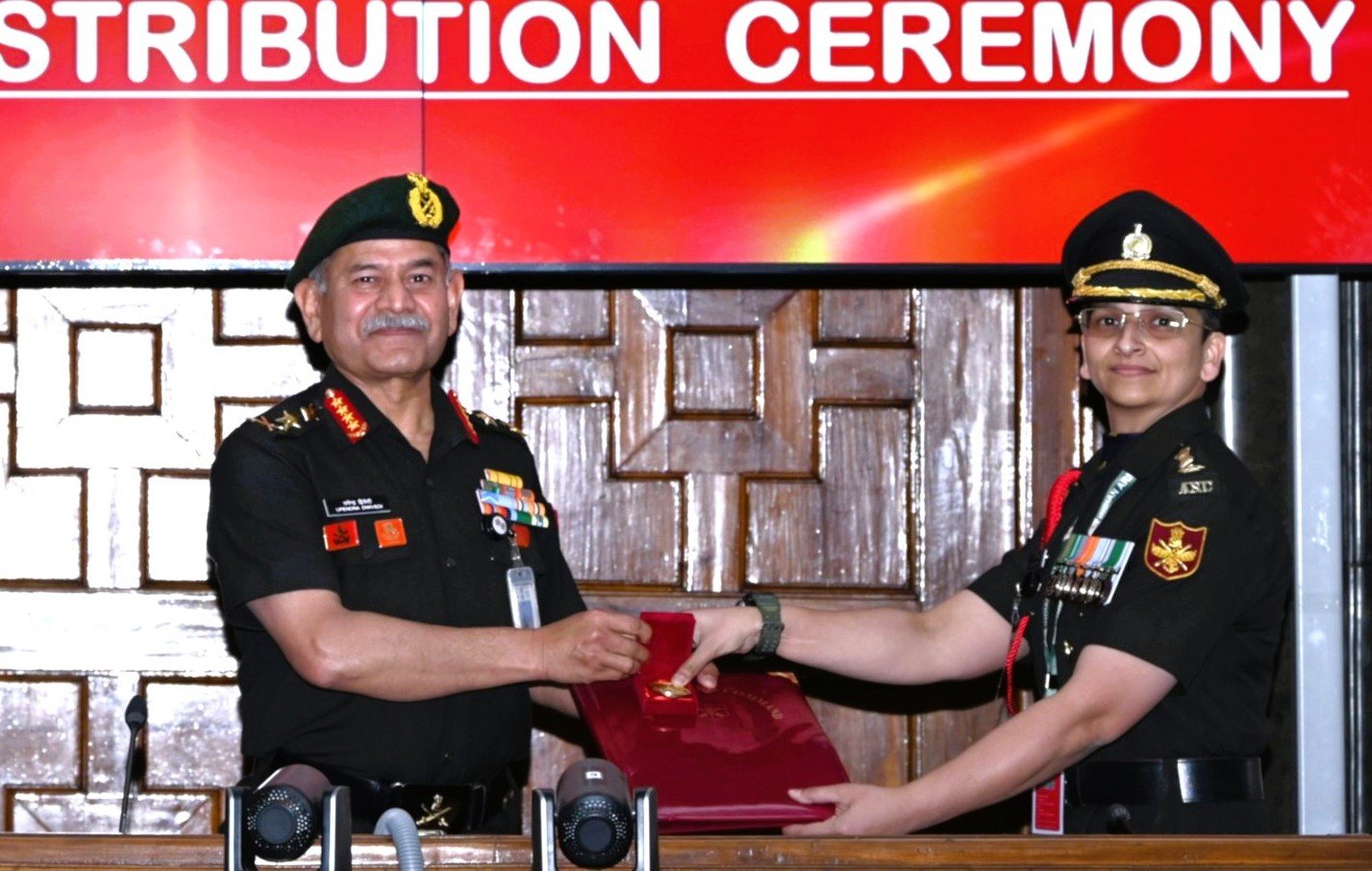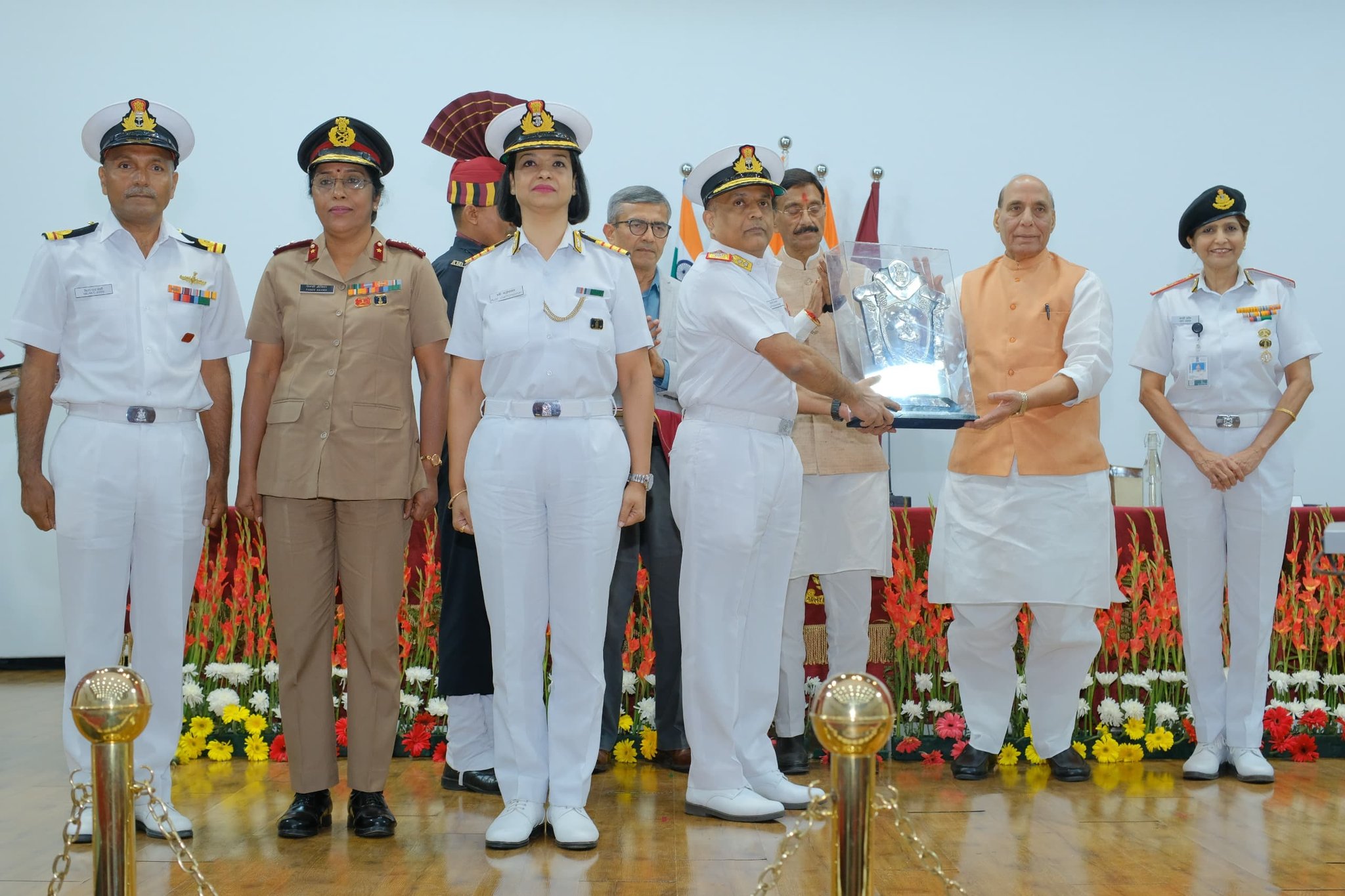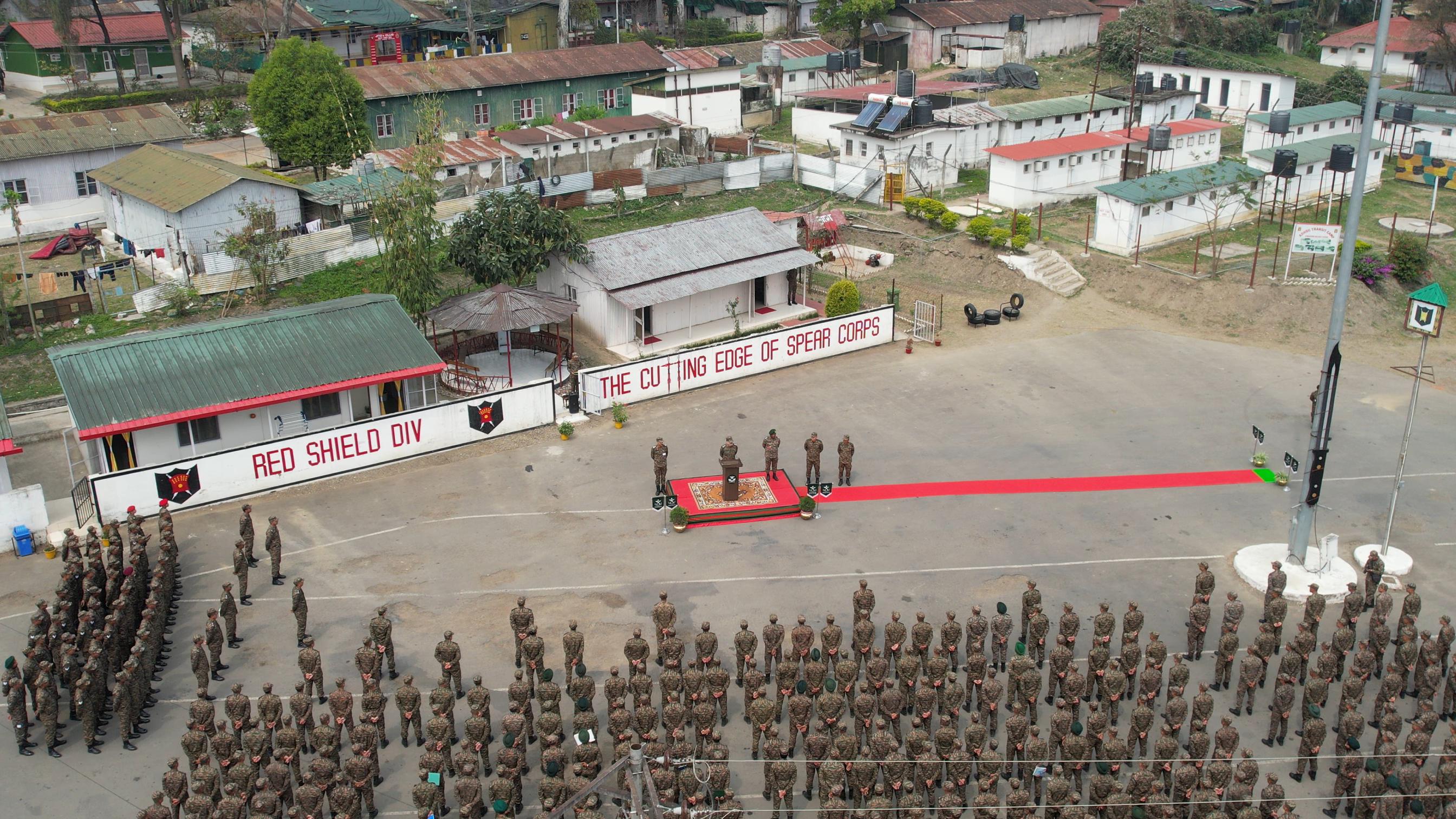European Commission Selects Consortium for IRIS² Satellite Constellation to Enhance Connectivity and Sovereignty
PARIS — In a strategic move to bolster its autonomous satellite communication capabilities, the European Commission has appointed a consortium comprising SES, Eutelsat, and Hispasat to deploy the IRIS² satellite constellation. This initiative comes as the European Union seeks to reduce its reliance on foreign entities, notably Elon Musk’s Starlink, for broadband services.
The consortium is set to formalize a 12-year concession contract by December, according to a statement released by the Commission on Thursday. As part of the agreement, over 290 satellites will be launched into multiple orbits, with prominent subcontractors including Thales Alenia Space, Airbus Space and Defence, Italy’s Telespazio, and Thales SIX.
Transitioning to IRIS² is particularly urgent given that militaries worldwide have come to depend on Starlink, the first large satellite constellation facilitating low Earth orbit broadband, raising concerns of vulnerability associated with reliance on a private service provider. Key military stakeholders, such as the U.S. Air Force, use Starlink for essential command and control operations, while Ukraine has utilized the service for drone guidance and battlefield communications.
“IRIS² is an essential pillar of our resilience,” commented Christophe Grudler, a member of the European Parliament’s industry committee, via a post on social media platform X. “We need it fast.”
The EU envisions IRIS² as a sovereign alternative to other global satellite systems like Amazon’s Kuiper and OneWeb based in the U.K. With satellite-based connectivity emerging as a strategic asset for national security and resilience, the Commission emphasizes the need for reliable access that does not hinge on third-party services.
Under the terms of the contract, the SpaceRISE consortium will roll out governmental services by 2030, also enabling commercial usage over time. The IRIS² system will facilitate government operations including border and maritime surveillance, secure communications for embassies, and military missions. The consortium hailed the milestone as a critical step in forming a secure, resilient, and autonomous communications infrastructure for Europe, targeting full operational status by the early 2030s.
The projected timeline for IRIS² represents a setback from previous estimates, which suggested an initial deployment as early as late 2024 and full operational availability by 2027. The satellite system will encompass both low Earth orbit (LEO) satellites, providing low-latency connectivity, and medium Earth orbit (MEO) satellites, which can serve larger areas globally. The EU aims to extend broadband access to underserved regions across Europe and the Arctic.
Financially, the estimated cost of the constellation stands at €10.6 billion (approximately $11.6 billion). Funding will be a combination of public and private investments from the consortium. Last year, the EU allocated €2.4 billion for the IRIS² initiative, with €1.65 billion earmarked through 2027, subject to further European funding decisions post-2027 that may depend on parliamentary and member state backing of a successor program.
Concerns have been voiced by figures such as German Economy Minister Robert Habeck, who called for a re-evaluation of the IRIS² project in March, questioning the proposed €12 billion budget and the allocation of work between France and Germany.
IRIS² joins the ranks of other critical EU programs, including the Galileo navigation satellite system and the Copernicus Earth-observation program, as Europe strives to enhance its strategic technological autonomy.
Reporting by Rudy Ruitenberg, Europe Correspondent for Defense News.

